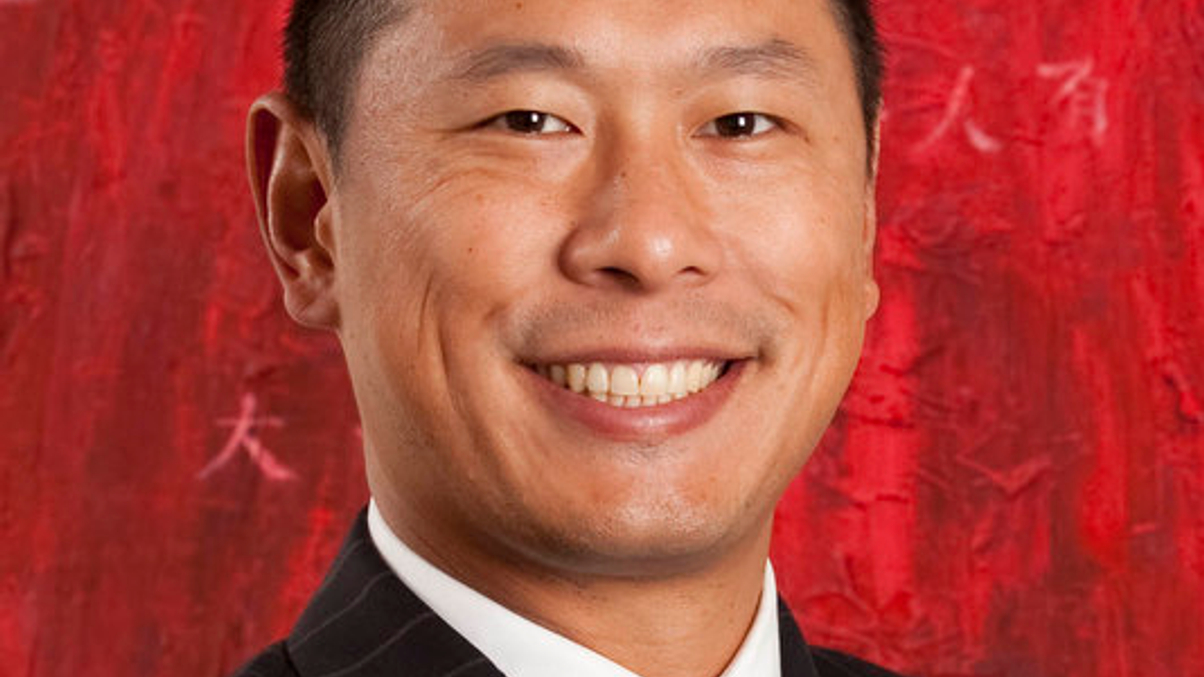Julius Baer gains QFII licence, expands RMB offering
The Swiss firm becomes the first private bank to be approved for a QFII quota and has launched a new range of renminbi-related products and services.

In a landmark move, Julius Baer has become the first private bank to obtain a qualified foreign institutional investor (QFII) licence, which allows it access to onshore Chinese equity and bond markets.
Sign in to read on!
Registered users get 2 free articles in 30 days.
Subscribers have full unlimited access to AsianInvestor
Not signed up? New users get 2 free articles per month, plus a 7-day unlimited free trial.
¬ Haymarket Media Limited. All rights reserved.


